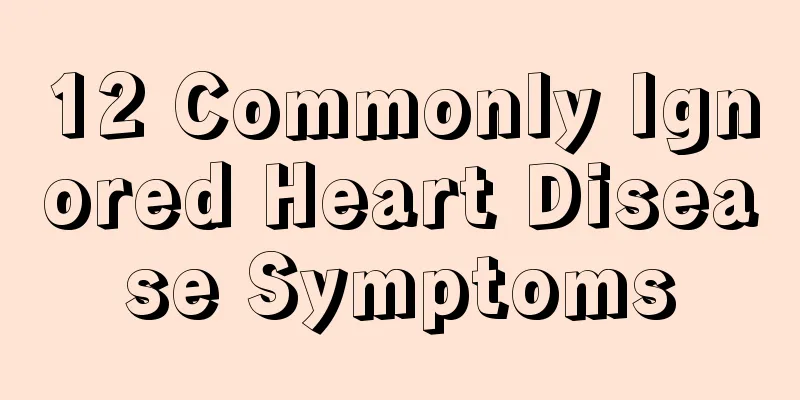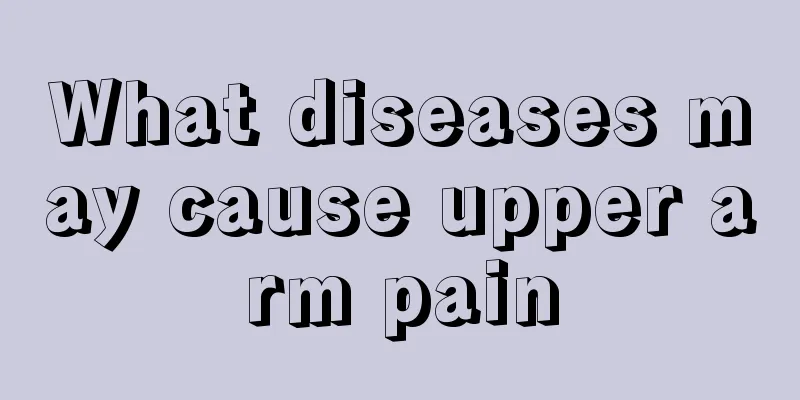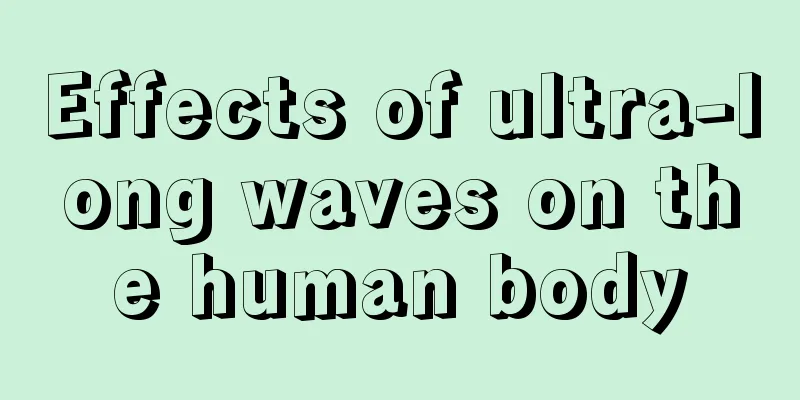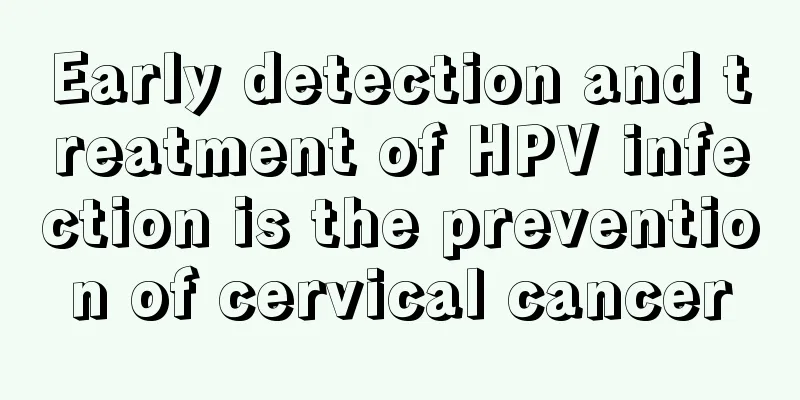12 Commonly Ignored Heart Disease Symptoms

|
Although the incidence and mortality rates of heart disease have dropped significantly in recent years, heart disease is still the leading cause of death. One reason is that many people do not get help in time when they experience symptoms of heart disease; another reason is that the symptoms of heart disease are not always severe and obvious, and some early symptoms are ignored, leading to disasters. Because some symptoms are difficult to recognize as the first symptoms of heart disease, even if some doctors suggest not to ignore these warning signs, they are often not taken seriously. These symptoms are sometimes mistaken for stomach pain, myalgia or other diseases, and are not considered to be heart disease. Therefore, you must pay enough attention to the following symptoms, because they may be signs of heart disease.
1. Anxiety Heart disease can cause severe anxiety or fear of death, and most heart disease survivors have experienced a "shock feeling."
2. Chest pain Chest pain is a typical symptom of a heart attack, but not all heart attack patients experience chest pain. The chest pain caused by heart disease is mainly confined to the left side of the sternum, and female patients often feel a burning sensation in the chest rather than chest tightness or chest pain.
3. Cough A persistent cough or wheezing may be a sign of heart failure, which is the result of fluid building up in the lungs. Sometimes, people with heart failure may cough up blood and sputum.
4. Dizziness A heart attack can cause dizziness and loss of consciousness, and these symptoms can be potentially dangerous if the heart rhythm is irregular.
5. Fatigue A heart attack can cause frequent fatigue, especially in women.
6. Nausea or loss of appetite A heart attack may cause digestive symptoms, and abdominal edema caused by heart disease can interfere with appetite.
7. Pain During a heart attack, pain may move from the chest to the shoulders, arms, elbows, back, neck, jaw, or abdomen. Sometimes you may not experience chest pain, but pain in other parts of your body, and it may be transient. Male heart disease patients often feel pain in the left arm, while female patients often experience pain in both arms or shoulder blades.
8. Rapid or irregular pulse A rapid or irregular pulse, especially if accompanied by weakness, dizziness, or shortness of breath, is a symptom of heart disease, heart failure, or an irregular heartbeat. If not treated promptly, some serious arrhythmias may lead to stroke, heart failure or sudden death.
9. Shortness of breath Shortness of breath may be a sign of a heart attack or heart failure. Some heart patients do not experience chest tightness or chest pain, but will experience shortness of breath. During a heart attack, shortness of breath is often accompanied by chest tightness and may precede chest discomfort.
10. Sweating Sudden onset of cold sweat is also a common sign of a heart attack, and the patient will sweat even if he is sitting still in a chair.
11. Swelling Heart failure can cause fluid to accumulate, leading to swelling of the feet, ankles, legs, and abdomen. It can also cause sudden weight gain and loss of appetite. |
<<: Four types of people should not walk barefoot on cobblestone roads
>>: Some tips for treating insomnia at night
Recommend
What are the characteristics of liver disease
my country is a severely affected area of liver...
Loose skin after weight loss
Losing weight is something that women can never s...
What are the signs of low IQ in children
Every parent hopes that their baby will be health...
Tips to prevent drowsiness during night shift
Some people work during the day, but some people ...
Normal values of tumor markers related to lung cancer
Tumor markers are some unique chemical substances...
What are the risk factors for lung cancer
Risk factors for lung cancer include long-term sm...
What kind of light is good for the eyes?
Nowadays, the probability of myopia among childre...
What are the preventive measures for pancreatic cancer?
What are the prevention methods for pancreatic ca...
There are red spots on the skin of the calves
The appearance of red spots on the skin of the ca...
Special attention should be paid to the egg retrieval process for IVF
It is very important to pay attention to the warm...
How to use hair oil
Many people often use some hair care products whe...
What is the best way to kill mosquitoes
Every summer, there will be a large number of mos...
What are the treatments for vitiligo
Vitiligo is actually a very common disease. It is...
What are the dangers of not treating fibroids
Many patients who have suffered from fibroids kno...
Methods to remove foreign objects from the refrigerator
In today's families, refrigerators have becom...









